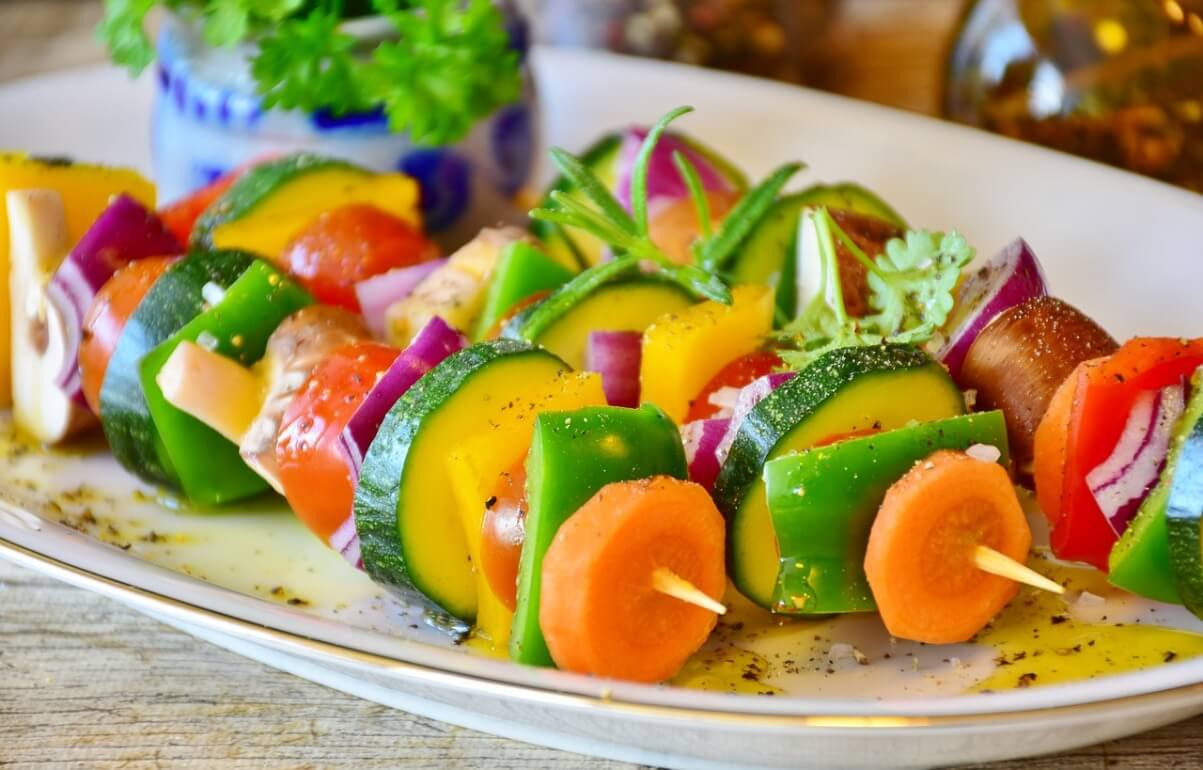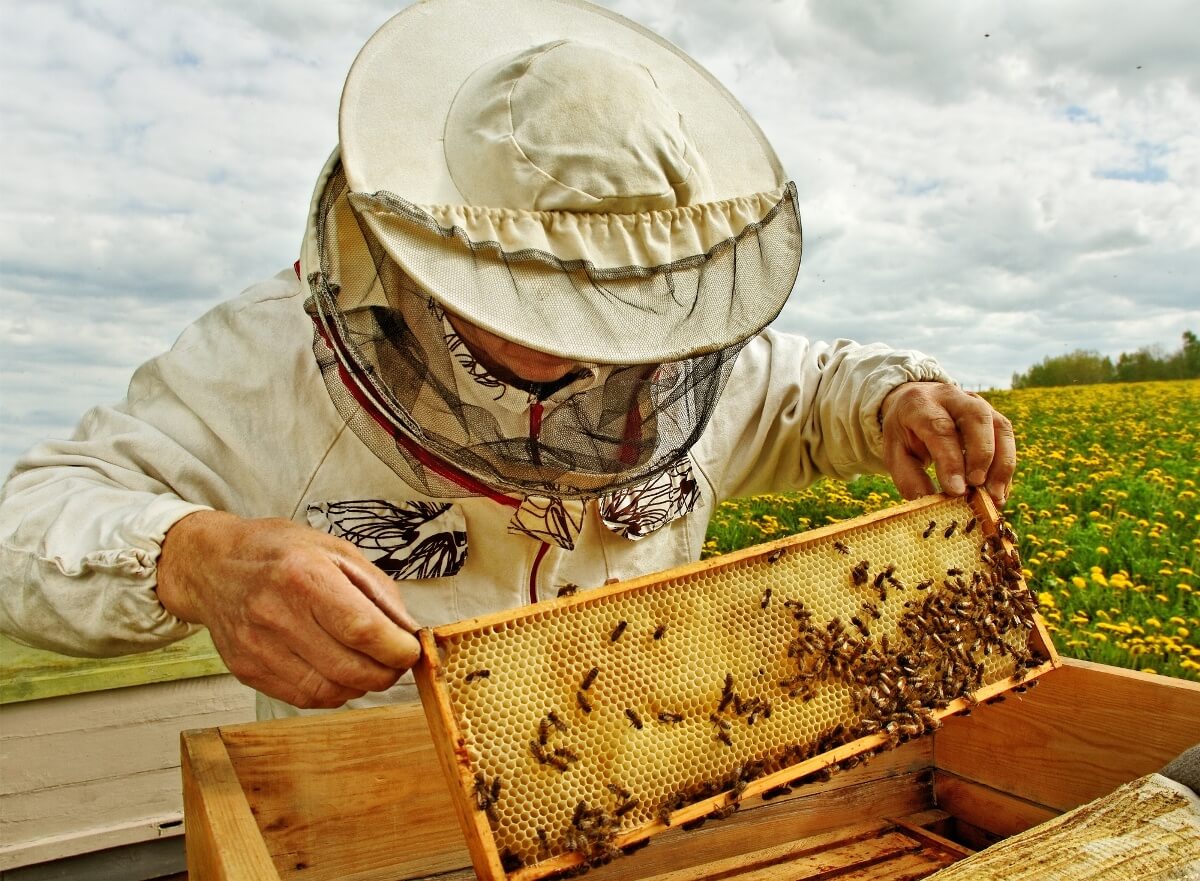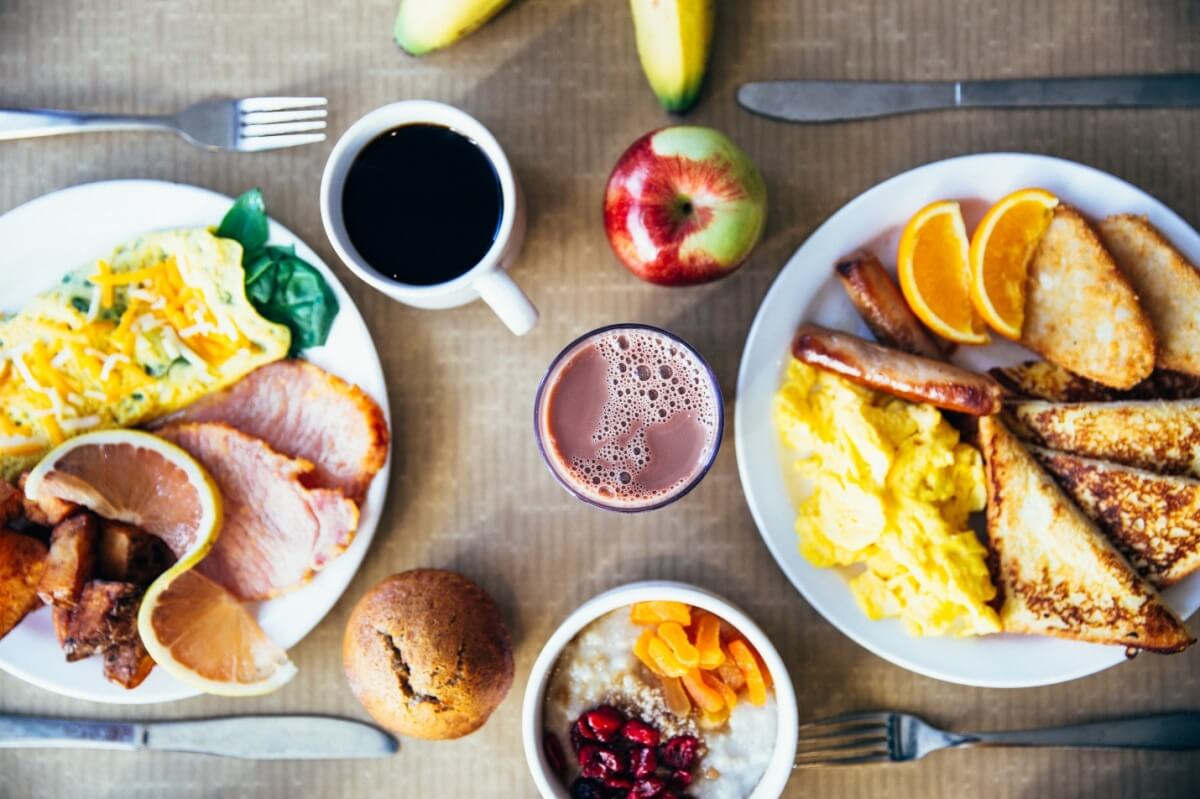Eating healthy foods is recommended because it is the best way of providing the body with essential vitamins, minerals and nutrients in order for it to function well. However, there is always that perception that eating healthy can be pretty expensive and therefore many people resort to just buying foods that are cheap although it may not necessarily be healthy. Here’s the real deal. Clean eating doesn’t have to be expensive. This kind of lifestyle doesn’t have to be exclusive only to those who can afford it. Here’s how you can do it too.
Also Read: 6 Easy Ways to Fit Fruits and Veggies into Your Day
1. Plan Your Meal
Before heading out to the grocery store, write down your meals for the week and the ingredients. It is best that you include recipes that have similar ingredients so you are able to buy them in bulk. Having a list will keep you on track in terms of your budget.
2. Be In The Lookout For Possible Shopping Options
The grocery store is probably the most convenient place to buy your foods. However, it wouldn’t hurt to ask a friend or a neighbor if they know where you could find the freshest produce at a lower cost. Who knows? They might know a local farmer’s market nearby and you’d miss that if you didn’t ask.
3. Buy In Bulk
The price of the commodity is often lower if it is bought in bulk. And if you were able to plan your meals ahead, you’d know which of your ingredients are needed to be bought in large quantities. Other dry goods that can be bought in bulk are nuts, whole grains like quinoa and beans.
4. Shop Foods That Are In Season
It doesn’t matter where you are located, there will always be food that grow better depending on the season and these foods are often less expensive. So if you build your meal plan around whatever fruits or vegetables that are in season then you will definitely be able to save more and still eat healthy.
5. Know When Not To Get Organic Foods
Organic food is the best. However, if these foods are out of your budget, know that there are foods that are less prone to chemical residues. Examples are avocados, pineapple, mangoes, kiwi, sweet potatoes, onions and eggplant. You don’t have to buy organic foods all the time.
6. Watch Out for Items That are On Sale
Buying items in bulk is not the only way that you can save money. Buying produce that are on sale is an option too. You can join a local clean eating community in your area to find out which market or grocery goes on sale on certain produce and what the schedules are. Take advantage of the information and adjust your meal plan according to whatever ingredients those are on sale.
Also Read: Finding the Best Chinese Recipes in an App
7. Grow Your Food
If you have a backyard (even a small yard will do), you can grow your own food. Not only that you can save a lot from your grocery bills, you can also be reassured that no pesticides or other chemicals are added to your fruits or vegetables.
You might think at first that this takes a lot of effort on your part but think of it this way; you are doing this as a preventive measure so you and your family remain healthy through the years. This kind of lifestyle will eventually save you thousands of dollars on medicines and hospital bills.










